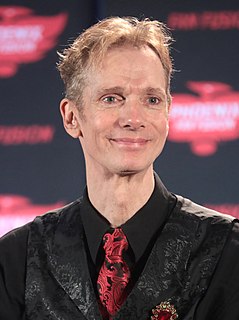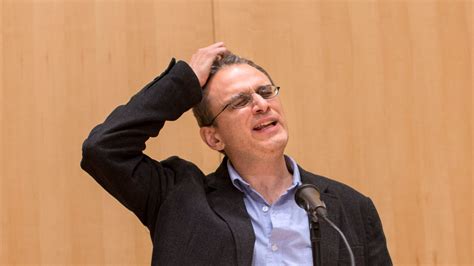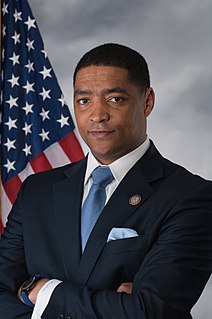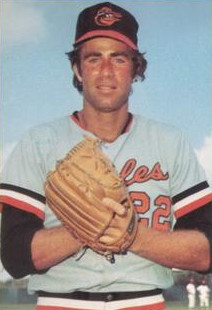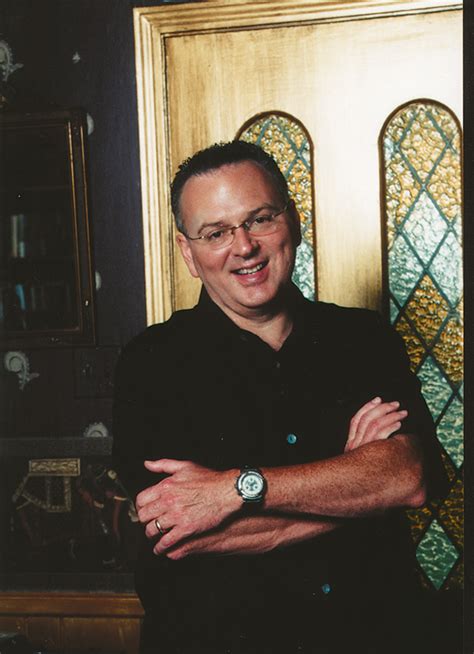A Quote by Kit Harington
I don't want people thinking they know me instead of the character. Steve McQueen has loads of stories about him - who knows what's true? But it's great for people to fictionalize rather than know the truth.
Related Quotes
I had a friend who was the King's surgeon in England. One day I asked him what makes a great surgeon. He replied, "What distinguishes a great surgeon is his knowledge. He knows more than other surgeons. During an operation he finds something which he wasn't expecting, recognizes it and knows what to do about it." It's the same thing with advertising people. The good ones know more. How do you get to know more? By reading books about advertising. By picking the brains of people who know more than you do. From the Magic Lanterns. And from experience.
Robert DeNiro, who may be the greatest living actor, usually acts in a way which is very stone-faced, like Steve McQueen. For example, Steve McQueen, if you cut the sound, you don't know what he's acting really. He gives to the lines, to the text, something very special, and he's very good. He was a great actor. But, to do a silent movie, you have to have more expressive actors.
People who know your work and know your personality, they know your strengths and weaknesses. A director like Guillermo del Toro, he knows more about me than I do. I trust him when he tells me what part I'm going to be playing in something, because he's envisioned that that can only be done by me. He knows it.
Just recognizing and naming that many of the things we treat as historical fact are stories can help erode their power over our sense of identity and thinking. If they are stories rather than "truth," we can write new stories that better represent the country we aspire to be. Our new stories can be about diverse people working together to overcome challenges and make life better for all, about figuring out how to live sustainably on this one planet we share, and on deep respect for cooperation, fairness, and equity instead of promoting hyper-competitive individualism.
There's no doubt about it: fun people are fun. But I finally learned that there is something more important, in the people you know, than whether they are fun. Thinking about those friends who had given me so much pleasure but who had also caused me so much pain, thinking about that bright, cruel world to which they'd introduced me, I saw that there's a better way to value people. Not as fun or not fun, or stylish or not stylish, but as warm or cold, generous or selfish. People who think about others and people who don't. People who know how to listen, and people who only know how to talk.
...when I came back, I found Mom sobbing at the kitchen table...Then I asked her what had happened. 'Nothing,'she said. 'I was thinking about that man...I started thinking about...if he and his wife and their other child are okay, and I don't know. It just got to me.' 'I know,' I said, because I did know. Sometimes it's safer to cry about people you don't know than to think about people you really love.
I found that most people don't really want to know the truth. There are plenty of people who want to know the truth on their terms or require that the truth be contained within certain boundaries of comfort. But truth can never be known this way. You have to seek truth from a place of not knowing, and that can be a very threatening place because we think we already know the truth or we are afraid of what the truth might be.
But this is what I know about people getting ready to walk of the edge of their own lives: they want someone to know how they got there. Maybe they want to know that when they dissolve into earth and water, that last fragment will be saved, held in some corner of someone's mind; or maybe all they want is a chance to dump it pulsing and bloody into someone else's hands, so it won't weigh them down on the journey. They want to leave their stories behind. No one in all the world knows that better than I do.
The difference between the truth of God and revelation is very simple. Truth is where God's been. Revelation is where God is. Truth is God's tracks. It's His trail, His path, but it leads to what? It leads to Him. Perhaps the masses of people are happy to know where God's been, but true God chasers are not content just to study God's trail, His truths; they want to know Him. They want to know where He is and what He's doing right now.
I don't want to play myself up as a hero, because it would make me unbelievable. I'd rather settle for people thinking that I'm a bum, but digging my stories, than liking me and not being able to believe in my stories. That's one reason I've been hard on myself, because I want my stuff to be believable.




